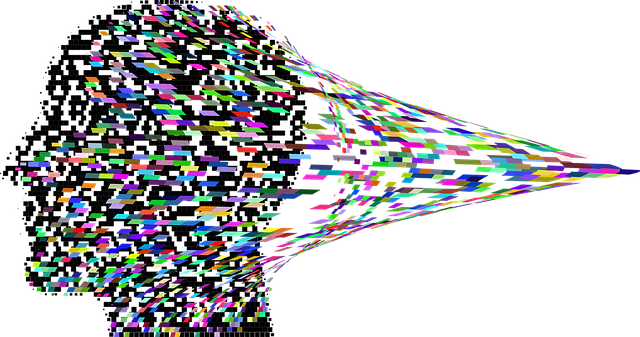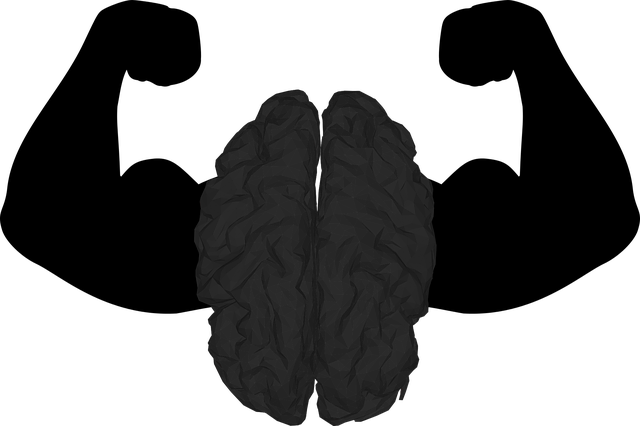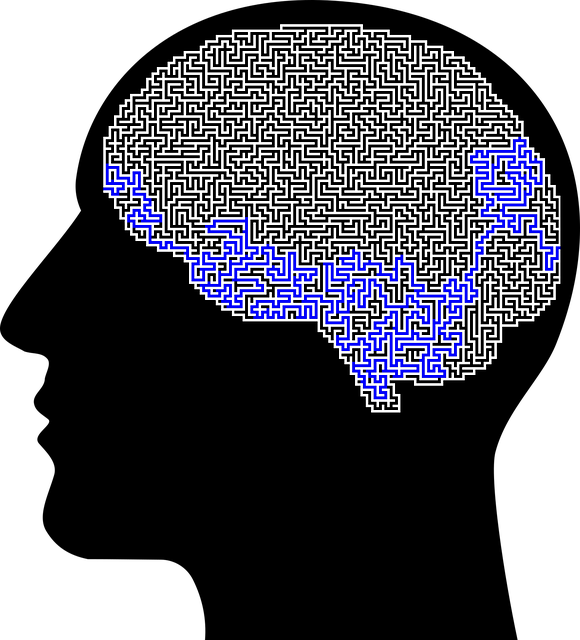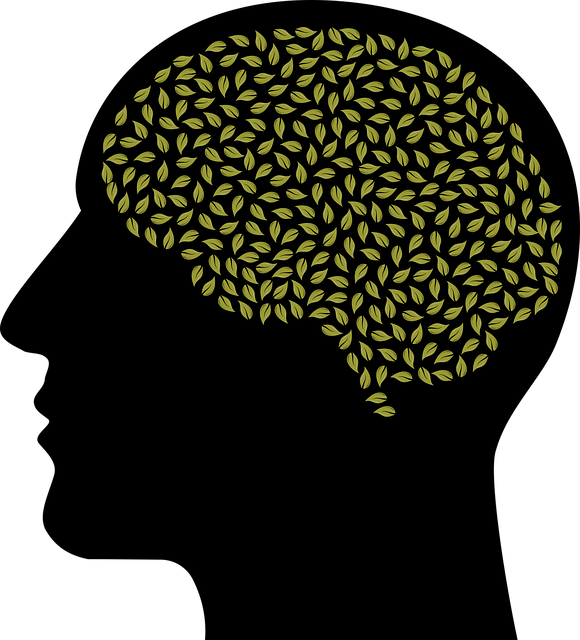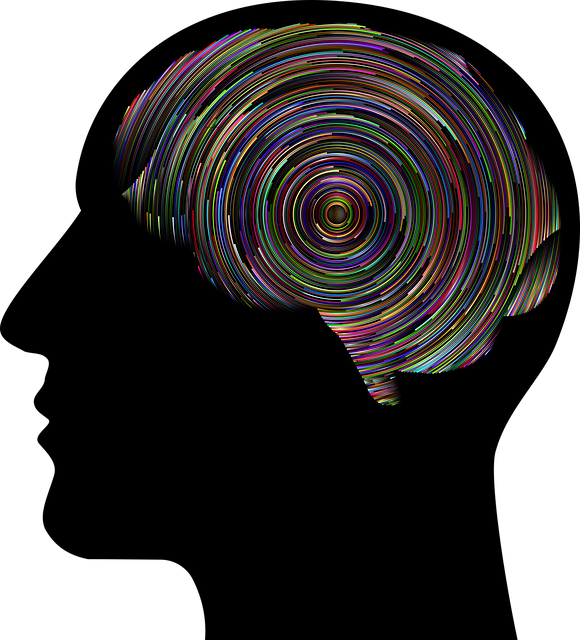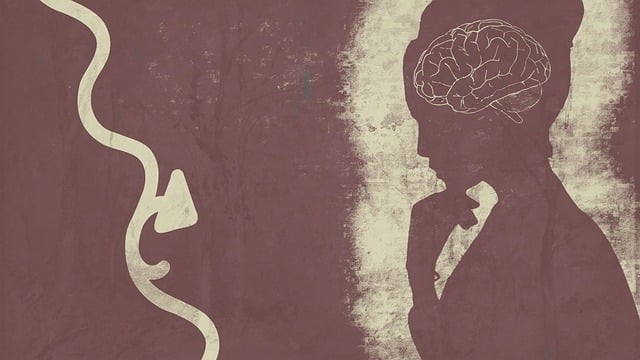Mental Wellness Group Facilitation creates safe spaces for individuals to share and learn effective coping strategies, preventing burnout and fostering open dialogue. Golden Alcohol Abuse Therapy (GAAT), combining mindfulness, social skills training, and holistic practices, treats alcohol-related issues by addressing emotional well-being. GAAT empowers participants through mood management, comprehensive risk assessments, and personalized support, promoting long-term mental wellness. Interactive activities like role-playing and sharing circles enhance learning in engaging group dynamics, creating a supportive environment for personal growth and recovery.
Mental wellness group facilitation plays a pivotal role in fostering recovery and community. This article delves into the art and science of leading such groups, focusing on techniques that create safe, supportive environments. We explore ‘Golden Alcohol Abuse Therapy’, a unique approach that combines proven strategies for lasting impact. Learn effective techniques to engage participants, promote open dialogue, and cultivate healing. Discover how these methods transform lives, offering hope and resilience in the journey towards mental wellness.
- Understanding Mental Wellness Group Facilitation
- Golden Alcohol Abuse Therapy: A Unique Approach
- Effective Techniques for Group Engagement
- Creating a Supportive and Healing Environment
Understanding Mental Wellness Group Facilitation

Understanding Mental Wellness Group Facilitation is a nuanced art that goes beyond simply hosting conversations. It involves creating a safe, supportive environment where individuals can openly discuss their experiences, learn from one another, and gain valuable insights into managing their mental health. In today’s world, where issues like alcohol abuse are on the rise, effective group facilitation techniques become even more critical. Golden Alcohol Abuse Therapy, for instance, has shown promise in helping individuals break free from addiction through community-based support networks.
This approach not only facilitates healing but also promotes burnout prevention among facilitators and participants alike. Incorporating practices like Mindfulness Meditation into group sessions can enhance emotional awareness and coping strategies. Moreover, the development of Mental Wellness Coaching Programs plays a pivotal role in empowering individuals to take charge of their mental health journeys. By fostering open dialogue and encouraging active participation, facilitators can ensure that each member feels heard, respected, and supported throughout the process.
Golden Alcohol Abuse Therapy: A Unique Approach

Golden Alcohol Abuse Therapy (GAAT) is a unique and innovative approach to treating alcohol-related issues, focusing on the profound connection between emotional well-being and substance abuse. This therapy goes beyond traditional methods by integrating mindfulness meditation practices, social skills training, and a holistic understanding of mental health. GAAT aims to empower individuals to overcome addiction by addressing underlying emotional triggers and fostering healthier coping mechanisms.
The technique involves creating a safe and supportive environment where participants engage in open discussions, learn effective communication strategies, and explore their mental landscapes through mindfulness exercises. By combining these elements, GAAT facilitates a comprehensive risk assessment for mental health professionals, enabling them to offer tailored support. This approach not only treats alcohol abuse but also promotes long-term mental wellness and enhances the overall quality of life for those seeking recovery.
Effective Techniques for Group Engagement

Engaging group dynamics are pivotal to successful mental wellness sessions. Facilitators should employ techniques that encourage active participation and foster a supportive environment. One effective strategy is incorporating interactive activities, such as role-playing scenarios, where participants can apply coping skills in simulated real-life situations. This not only enhances learning but also provides an opportunity for peers to offer constructive feedback, reinforcing positive behavioral changes.
Additionally, utilizing open-ended discussions and sharing circles allows individuals to express their experiences and emotions safely. Techniques like these promote emotional well-being promotion techniques and facilitate a sense of community among group members. Remember, Golden Alcohol Abuse Therapy emphasizes the importance of mood management within these settings, ensuring that participants feel heard, validated, and empowered throughout the process.
Creating a Supportive and Healing Environment

Creating a supportive and healing environment is a cornerstone of effective mental wellness group facilitation. This involves fostering an atmosphere where participants feel safe to express their thoughts and emotions openly, free from judgment or stigma. Incorporating techniques like active listening, empathy, and respect for individual boundaries helps build trust within the group. By encouraging honest discussions, facilitators can guide members towards uncovering and exploring their inner strengths, ultimately promoting personal growth.
Golden Alcohol Abuse Therapy, for instance, leverages these principles to address substance abuse issues holistically. Facilitators employ emotional intelligence to help individuals understand their triggers and develop healthier coping mechanisms. Additionally, stress reduction methods are integrated into the therapy process, allowing participants to cultivate inner strength development. This comprehensive approach ensures that the group environment not only supports healing but also empowers members to maintain long-term mental wellness.
Mental wellness group facilitation plays a pivotal role in fostering community, understanding, and healing. By employing techniques such as Golden Alcohol Abuse Therapy, which offers a unique and effective approach, facilitators can create supportive environments conducive to growth and recovery. Engaging members through diverse strategies ensures every individual feels heard and valued, making these groups powerful tools for mental wellness support.
